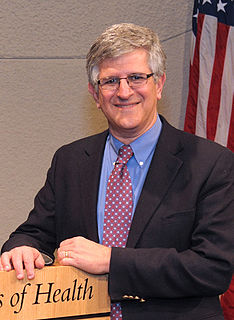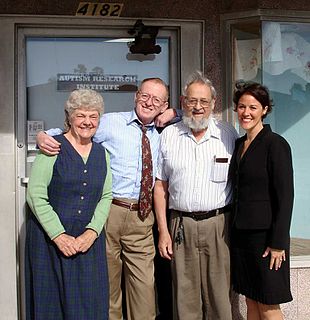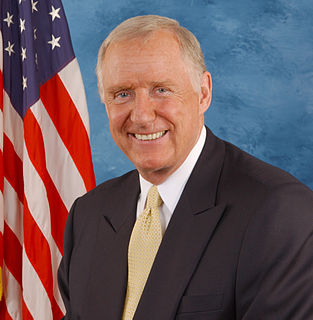A Quote by Jenny McCarthy
The idea that vaccines are a primary cause of autism is not as crackpot as some might wish. Autism's 60-fold rise in 30 years matches a tripling of the US vaccine schedule.
Related Quotes
The main problem, certainly, for the people who will not get vaccinated with Thimerosal, which was put into polio vaccine. And the belief was that it may cause autism. And there's been an awful lot done in terms of studies in Western Europe, Canada, the United States, and no correlation was found between Thimerosal and autism from those children who took vaccines. Indeed, when Thimerosal was taken out of many of these vaccines, the autism rate in the United States still rose.
I think that if I could do any sort of research of autism that I wanted to do, at this point I would take a sample of classic, early infantile autism persons and compare them with what I call "classic late onset autism", individuals. I think we will find that the cause of those youngsters with autism who have autism from birth is probably different than those who have late onset autism.
Today, however, anti-vaccine activists go out of their way to claim that they are not anti-vaccine; they’re pro-vaccine. They just want vaccines to be safer. This is a much softer, less radical, more tolerable message, allowing them greater access to the media. However, because anti-vaccine activists today define safe as free from side effects such as autism, learning disabilities, attention deficit disorder, multiple sclerosis, diabetes, strokes, heart attacks, and blood clots—conditions that aren’t caused by vaccines—safer vaccines, using their definition, can never be made.
I think one of the problems with the definition of autism is we keep expanding it. It started as "early infantile autism", and then it became "autism", and now it's "autism spectrum disorder". I'm not opposed to that from the standpoint of trying to broaden our vistas, and so forth. But from a research point of view, the term autism is lost in specificity.
If you Google some sites about the link between vaccines and autism, you can very quickly find that Google is repeating back to you your view about whether that link exists and not what scientists know, which is that there isn't a link between vaccines and autism. It's a feedback loop that's invisible.
They claim that autism naturally occurs at about 18 months, when the MMR is routinely given, so the association is merely coincidental and not causal. But the onset of autism at 18 months is a recent development. Autism starting at 18 months rose very sharply in the mid-1980s, when the MMR vaccine came into wide use. A coincidence? Hardly!
I have a fairly strict definition of early infantile autism. That is not to say that people who don't meet that classic description don't have autism, but we might do well to narrow our definitions, and our samples, down to groups that are very similar, because I think you're more likely to find the cause.





































